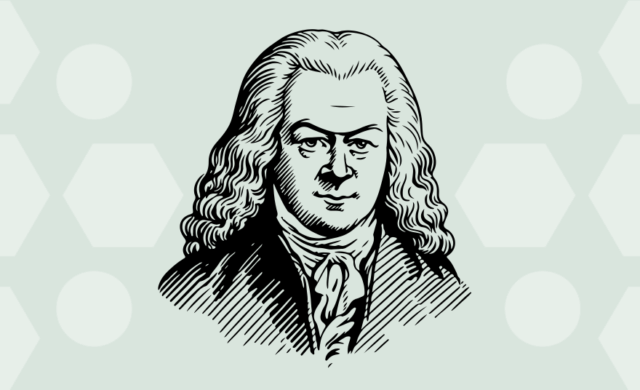James
Percival Everett
Jim learns he is about to be sold by his slave master and flees to avoid being forever separated from his wife and daughter. He plans to return for his family, though this plan is fraught with danger as Jim will be intensely hunted by the slave master and face certain death if captured. He is soon joined by another runaway, Huck, a white boy faking his own death to escape an abusive father. A runaway slave harboring a white boy can only draw unwelcome attention to them both, and Jim is initially unhappy with his unwanted companion. Besides, now Jim must always remember to use his “slave filter” – the simplistic speech and behavior white people expect of him. He cannot risk dropping the act and reverting to James, the intelligent, erudite, well-read Black man he really is. In the course of various tribulations, Huck and Jim help each other survive. Jim keeps young Huck safe in several life-threatening situations. Huck repays the debt by unobtrusively gathering crucial information about the whereabouts of Jim’s family. This modern reimagining of Twain’s 'Adventures of Huckleberry Finn' adds layers of complexity, meaning and interest to the much-loved original story, while retaining its cheeky humor and a strong sense of satire.


